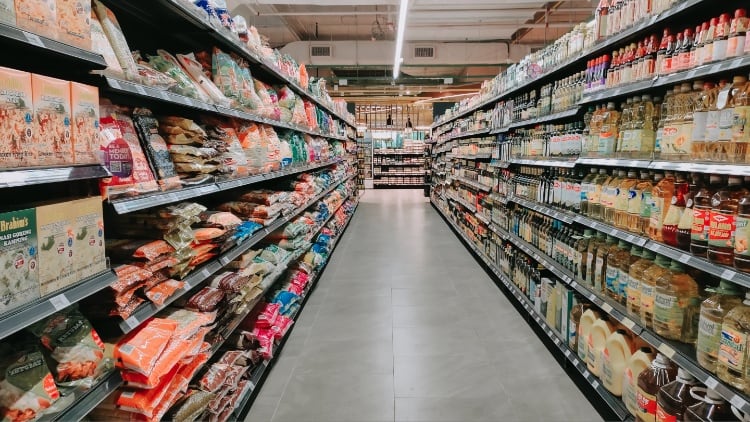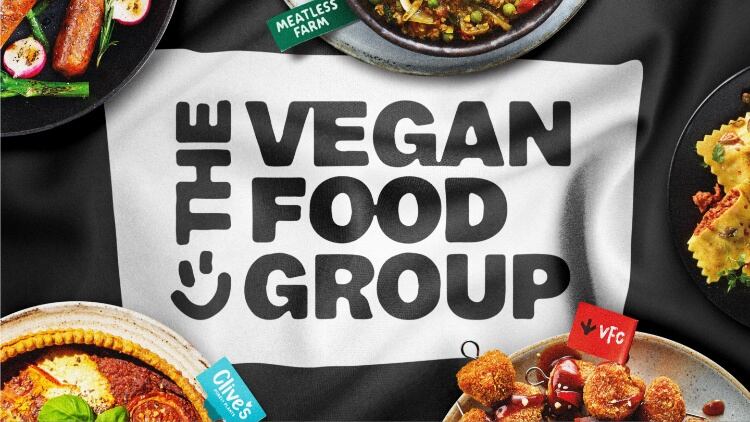Incite is an export development agency that assists food and drink businesses with the aim of exporting their products into key Asian markets such as Singapore, Malaysia, Thailand, the Philippines, Indonesia, South Korea, Taiwan and Hong Kong.
With 13 years of experience, Gordon and Incite are connected to more than 1,900 importers and distributors throughout Asia, covering the grocery, foodservice and B2B ingredients channels. Incite’s portfolio of clients mainly consists of firms in the UK, Australia and New Zealand, while it also operates in the US and throughout Europe.
In a recent interview with Food Manufacture, Gordon discussed the four primary ways in which Incite supports its clients with their export goals.
“Firstly, we help them understand different categories at the retail level by offering price and competitor analysis on a prospective market,” he said.
“Secondly, Incite can broker in-market distribution partnerships, allowing our clients to find partners that will manage the import, distribution, warehousing and sale of products into relevant retail and foodservice channels, while also supporting with marketing and merchandising.
“Thirdly, we communicate with distribution partners on behalf of our clients to ensure that plans are followed, sales reports are received and marketing campaigns are activated. And finally, Incite has a digital marketing team that produces localised marketing content and strategies.”
Gordon believes that food and drink businesses need to have a deep understanding of their product and the audience they want to attract before expanding into foreign markets.
“Even if a brand has achieved success at home, when you start exporting you are almost starting again from scratch,” he explained.
“Getting your product on the shelf is not the prize. Staying and growing in the market over the long term is the prize.”
In particular, a “poor pricing strategy” is something that most firms cannot recover from.
“You can’t just go to in-market partners and start pitching with generic prices,” he argued
“It is not necessarily about providing the cheapest product, but about being competitive within each market.”
In terms of identifying the best market for a certain product, Gordon said there a whole host of factors relating to the country and the firm that need to be considered, with each decision taken on a case by case basis. For example, businesses that have not exported before may default towards the biggest markets such as the US, but these are often “saturated”.
“In developing markets especially like the Philippines and Thailand there a lot of opportunities for new brands,” he added.
However, Gordon has noticed that finding success in these developing markets is often reserved for firms with more experience as an exporter.
“We often advise that firms start with markets such as Singapore, Hong Kong and South Korea, which have an established consumer base, straight-forward regulations and a strong grocery channel,” he said.
“When moving onto more developing markets, consumers do not have the same spending power but there has been growth in incomes and these markets can provide opportunity in the longer term. In the short term though, these markets may not have the same number of mid to premium channels and they often have more regulatory hurdles to clear.”
Another factor for firms to consider is how they work with the in-market distribution partners. Building these relationships is really important according to Gordon, and this is somewhat reliant on a firm being willing to invest money in order to build up its brand.
“Distributors cannot be expected to front the whole cost of marketing the products, so it is important to work with them and invest in new listings, price promotions and other marketing to grow that awareness and to induce consumer trial and retention,” Gordon added.
“If you want to export, it is really important to do it properly if you want long-term success.”
In other news, The Sustainable Bottling Co has launched a new aluminium drinks bottling facility near Leicester.





